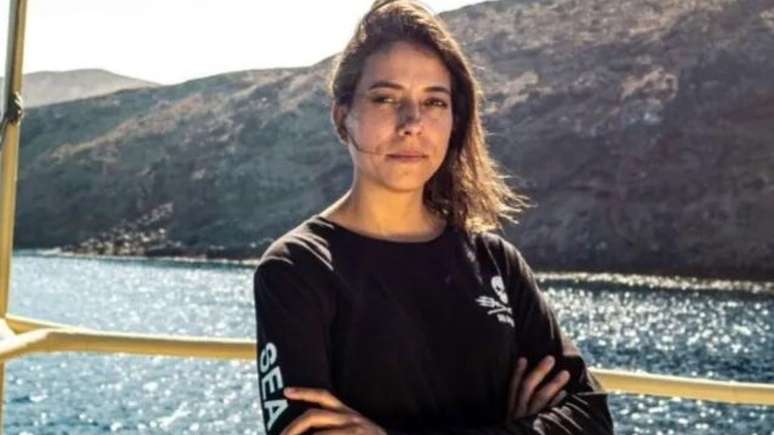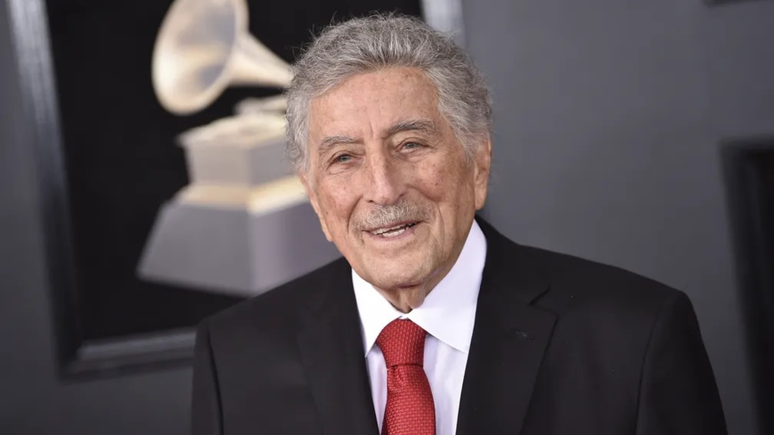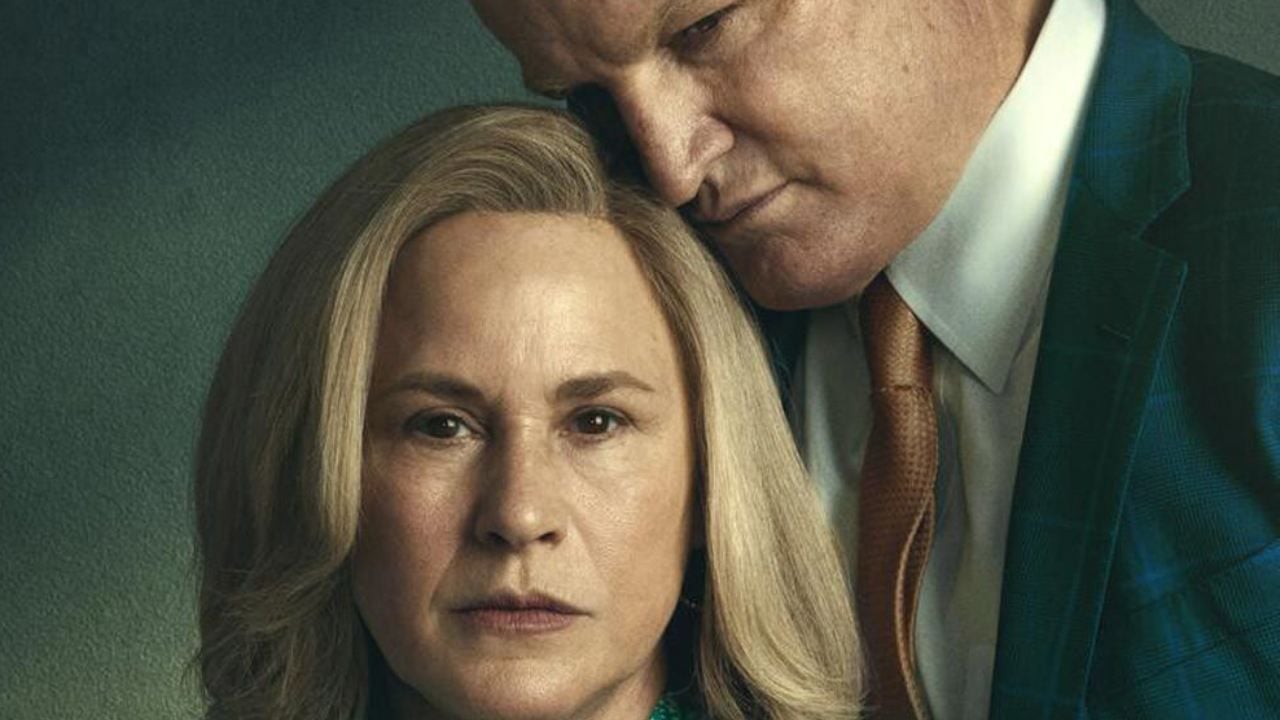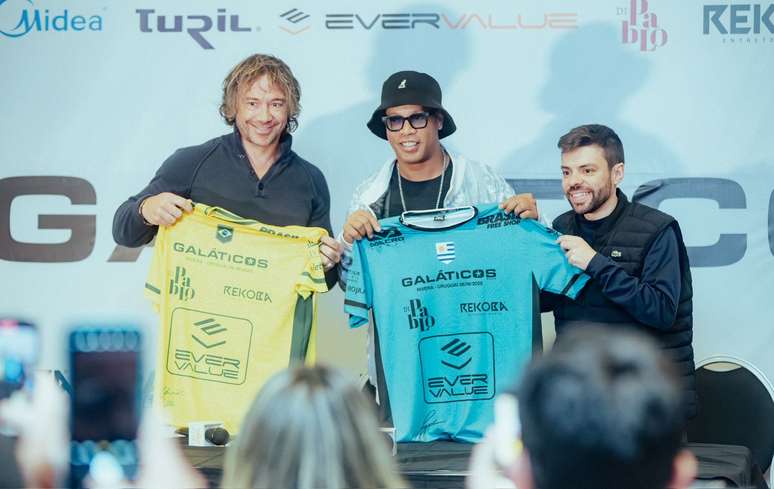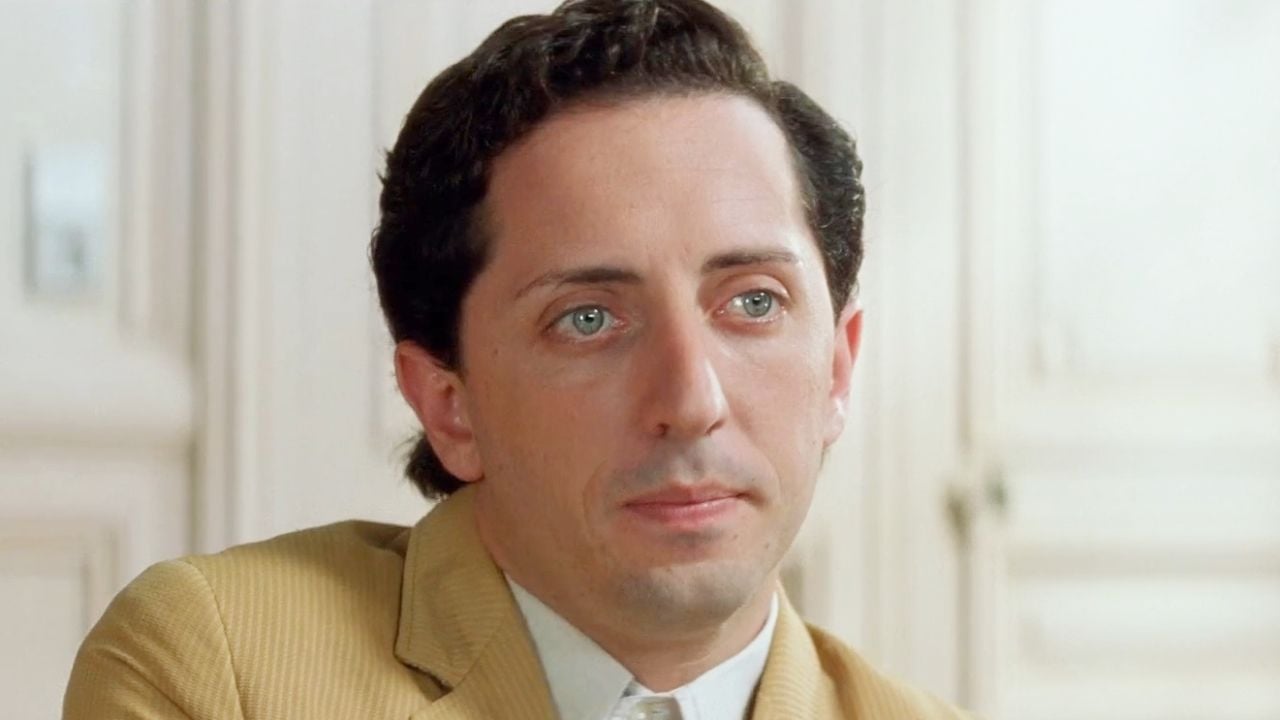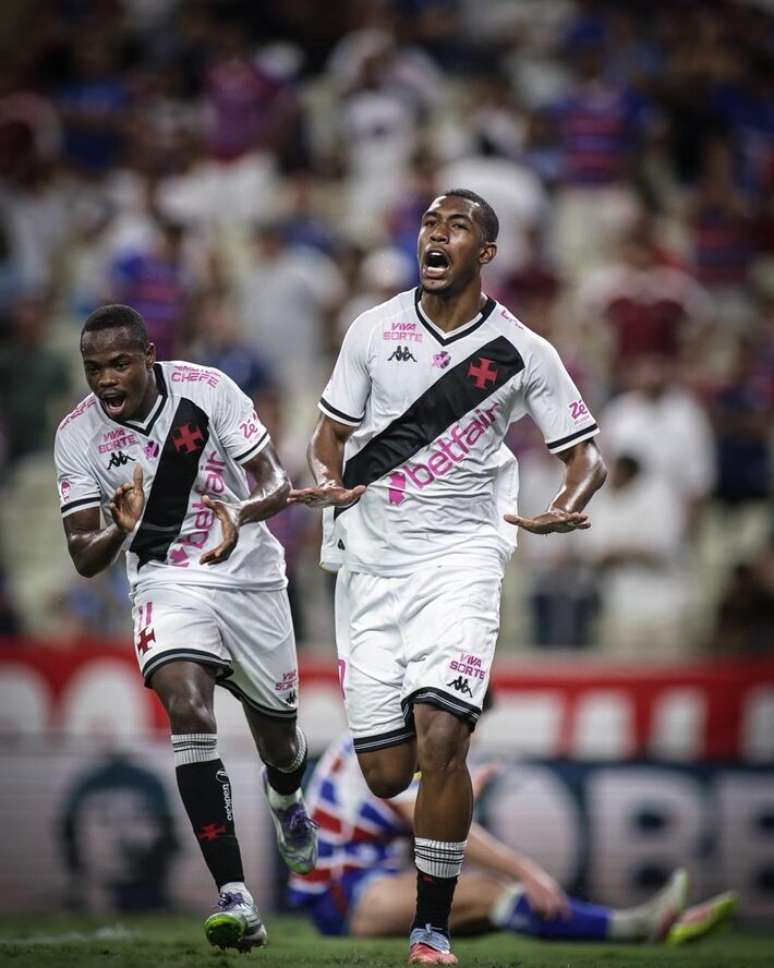According to the president and executive director of the NGO Sea Shepherd Brasil, it is essential to acquire a level of awareness about marine life
Talk for five minutes with Nathalie Gil, president and executive director of the NGO Sea Shepherd Brasil, is to acquire a level of awareness about the oceans which, living in a metropolis like São Paulo, is very difficult. “People think the ocean is their home supermarket”says Nathalie, with the resilience of someone who knows the scale of the fight ahead of her in the name of defending marine life.
Which seems like a contradiction, because for there to be life on the planet it is necessary to defend the oceans from human beings themselves. “People aren’t aware of it, but we have a direct impact on the oceans. We call the marine animals we consume ‘seafood,’ as if they were taken from a tree.“
She supports him “the ocean is a blue elephant in the center of the room” and argues that it is a more present topic when it comes to environmental protection. “We dump what we don’t want to see on a daily basis, chemicals from industry, and we take away resources and a lot of marine life for our own benefit in an exacerbated way.“
Illegal fishing
In a lecture by Nathalie, public indignation could be observed regarding a case: during one of the expeditions, the team from the NGO Sea Shepherd removed 72 kilometers of nets from the oceans. This is equivalent to a distance like that from Santos to the capital São Paulo.
“We have the impression that fish arrives on our tables through small fishermen with their rods. But fishing is practiced in a very predatory way in Brazil and around the world. 1/5 of what we consume comes from illegal fishing. No, there are limits there”, explains Nathalie.
Everyone must do their part
Nathalie says public policies aimed at protecting the oceans are needed. But she knows that the private sector and citizens must do their part, especially when it comes to reducing plastic consumption.
“Plastic goes far beyond straws and what we use even for a few minutes remains decomposing in nature for years. This ends up in the oceans”explains.
Single-use plastic objects, such as bags, straws, plates, cutlery, do not just remain on the surface of the sea. Much of this pollution ends up at the bottom of the oceans, affecting the habitat of several species, suffocating or hindering the movement of fish and turtles, for example.
Plastic also serves as food for animals widely consumed by humans, such as salmon and tilapia. “Almost 700 species are already affected by plastic. We argue that the best thing to do is to reduce the consumption of these animals. Fish accumulate heavy metals and this backfires on humans. It is a silent contamination, which causes damage to the body and diseases, such as cancer, for example.”
Sea Shepherd
Sea Shepherd is an international non-profit marine life conservation organization. Founded in 1977, its mission is to defend, conserve and protect life in water and ecosystems. After working for more than 15 years in communication agencies, Nathalie decided to change direction in her career and realized that she needed to have a positive impact on the world in which she lives.
When he lived aboard an NGO ship, he discovered his purpose. “It was a watershed experience for me. I did the most manual jobs imaginable. I cleaned bathrooms, assembled furniture, de-rusted a big old 40 meter ship. My face ended up completely dirty and covered in soot every day. But I was radiant, happy“, accounts.
When he goes on a scientific expedition, he remembers having the opportunity to better understand marine life and observe whales, sharks and turtles firsthand. “They are sentient beings – capable of consciously experiencing sensations and feelings – but at the same time they have no voice to defend themselves from our destruction.”
Nathalie supports raising awareness of society as a whole about these lives and, above all, about human life. “We don’t need to see the ocean as a distant thing. We are water, we depend on water to survive. Preserving the ocean means preserving life on planet Earth; If the ocean dies, we die,” he concludes.
Watch the full interview released on the Perfil Brasil website!
Source: Terra
Ben Stock is a lifestyle journalist and author at Gossipify. He writes about topics such as health, wellness, travel, food and home decor. He provides practical advice and inspiration to improve well-being, keeps readers up to date with latest lifestyle news and trends, known for his engaging writing style, in-depth analysis and unique perspectives.

